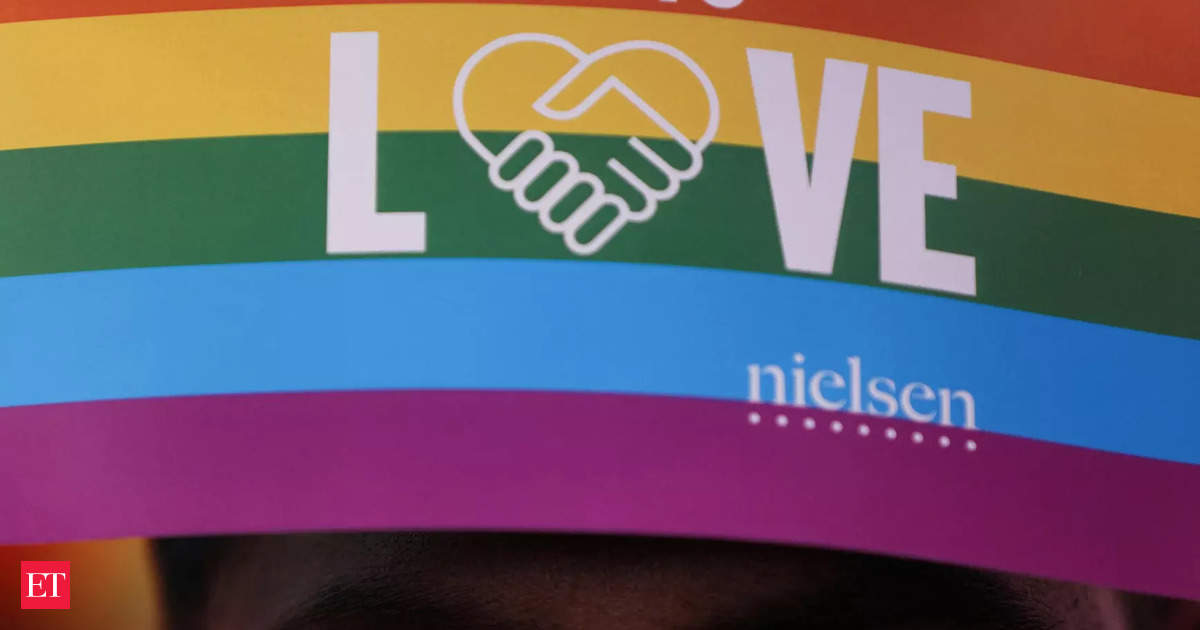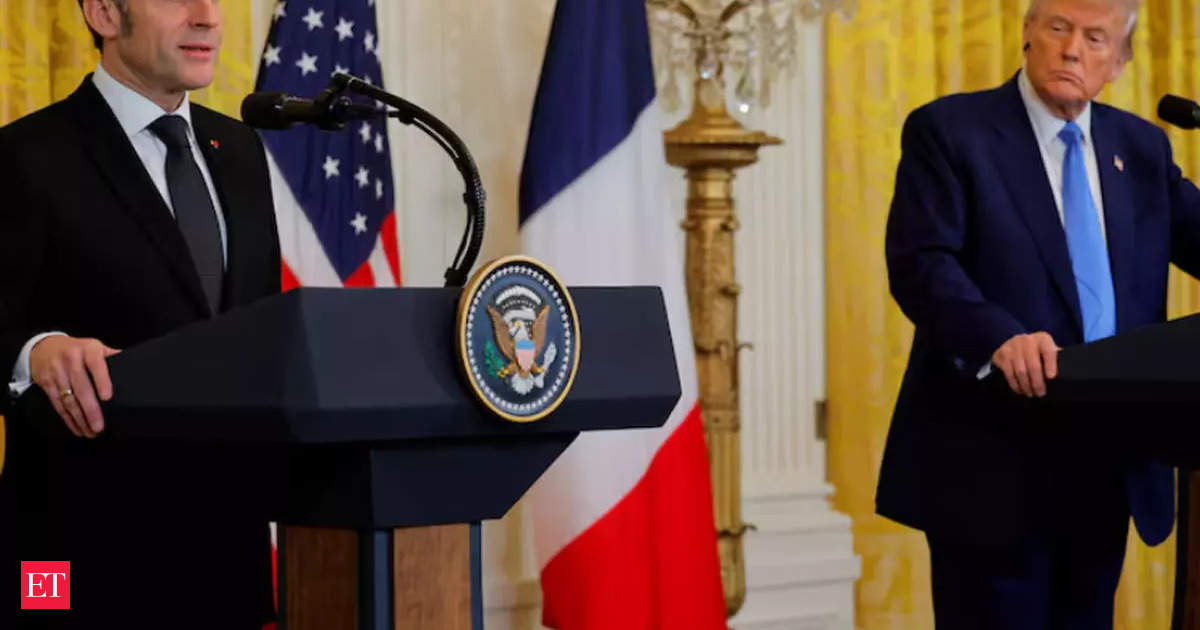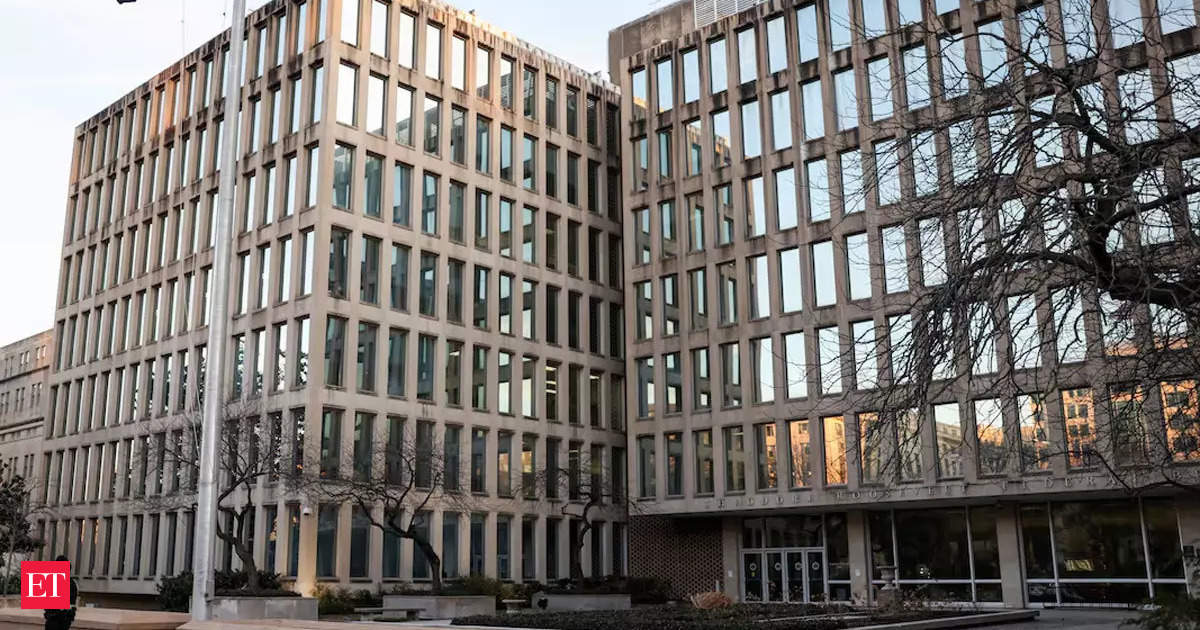A five-judge bench of the Supreme Court of India delivered a 3:2 majority verdict stating that the law does not recognize the right to marry or have civil union for same-sex couples. The court emphasized that it falls under the domain of the Parliament to make laws related to marriage. This ruling is considered significant for LGBTQ rights in India, especially after the 2018 judgment that decriminalized gay sex.
The case started on November 25, 2022, when two same-sex couples approached the Supreme Court to seek recognition of their marriages under the Special Marriage Act. The petition argued for the Act to be rendered gender-neutral. Notices were issued to the central government and the Attorney General.
On December 14, 2022, the court issued notices for another plea by a same-sex couple, consisting of an Indian and a US citizen, seeking recognition of their marriage under the Foreign Marriage Act. Similar cases from various high courts were consolidated, and a hearing was scheduled for March 13, 2023.
March 12, 2023, saw the Centre filing an affidavit opposing the legal validation of same-sex marriage. It stated that such marriages would disrupt personal laws and societal values. However, the Centre acknowledged that there may be other forms of marriages or personal understandings of relationships that are not unlawful.
On March 13, 2023, the Supreme Court referred the case to a five-judge Constitution bench, highlighting the connection between statutory regulations and constitutional rights. The petitioners argued for comprehensive constitutional privileges rooted in the rights to life, personal freedom, and dignity.
During the proceedings, the Supreme Court directed that the hearings be live-streamed on its website and YouTube.
In April 2023, various organizations and parties presented their views on same-sex marriage. Muslim organization Jamiat Ulama-i-Hind opposed it, stating that it goes against the family system and personal laws of religions that recognize marriage between a man and a woman. On the other hand, the Delhi Commission for Protection of Child Rights submitted an intervention request in favor of same-sex marriages and adoption rights for same-sex couples.
On April 17, 2023, the Centre argued that recognition of marriage is a legislative function, and the courts should refrain from deciding on this matter. The Supreme Court commenced hearing arguments on April 18, 2023.
On April 27, 2023, the Supreme Court asked the Centre to provide a response regarding the social advantages that can be extended to same-sex couples without legally recognizing their marital status.
On May 3, 2023, the Centre informed the court that it would form a committee to examine administrative steps that could address the concerns of same-sex couples without legalizing their marriage.
During the hearings, the bench clarified that it would not delve into personal laws governing marriages but focused on the rights to life, personal freedom, and dignity as defined in the Constitution.
On May 11, 2023, the Supreme Court reserved its verdict in the case, stating that it cannot give a declaration on same-sex unions based on anticipation of Parliament’s response. The court followed the principle that the notion of a man and a woman in the Special Marriage Act is not solely based on genitals.
Overall, this Supreme Court ruling underscores the importance of legislative action in recognizing and granting rights to same-sex couples. It serves as a milestone event for LGBTQ rights in India, and the final decision lies with the Parliament to formulate a law regarding same-sex marriage and civil unions.











